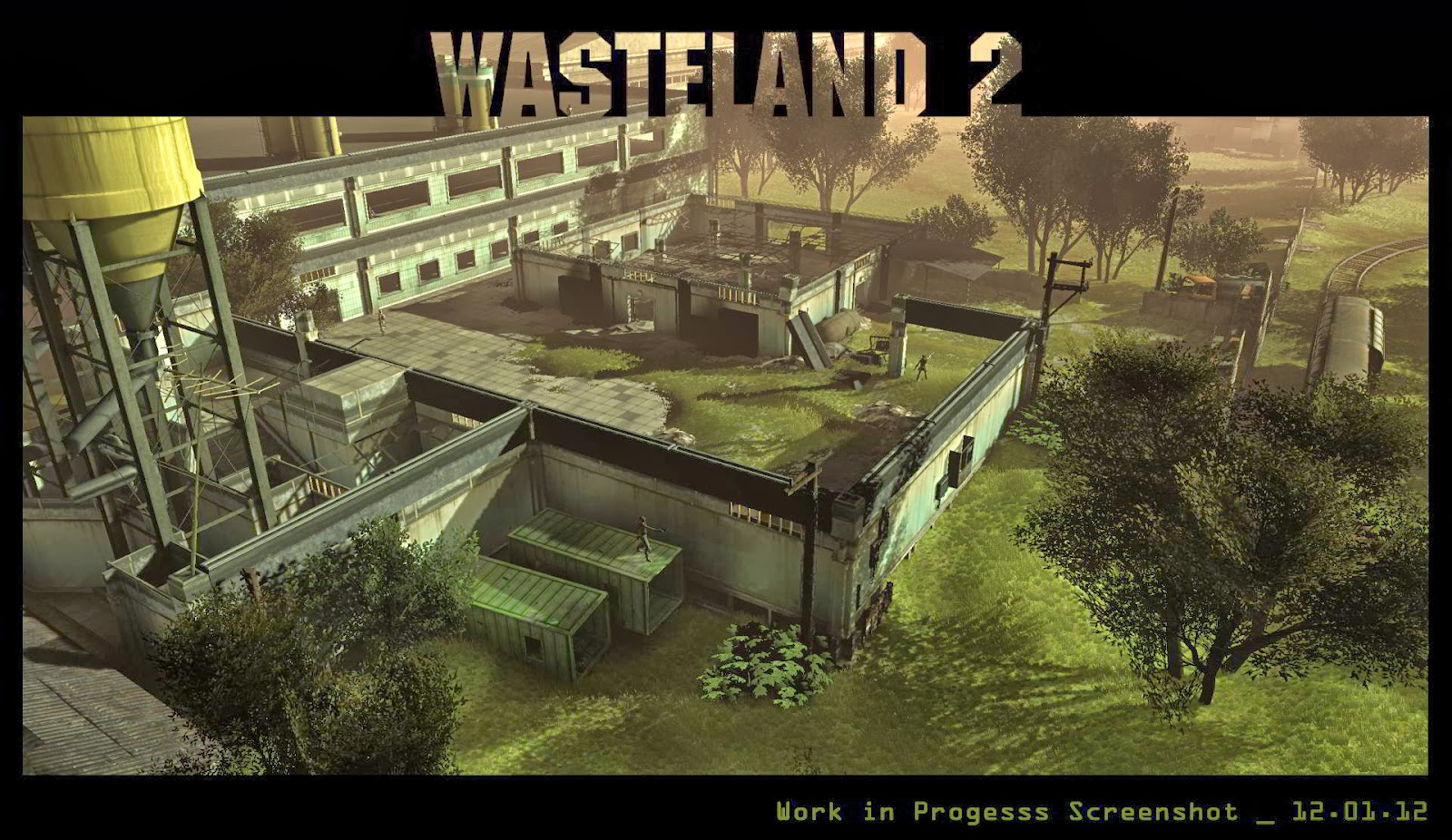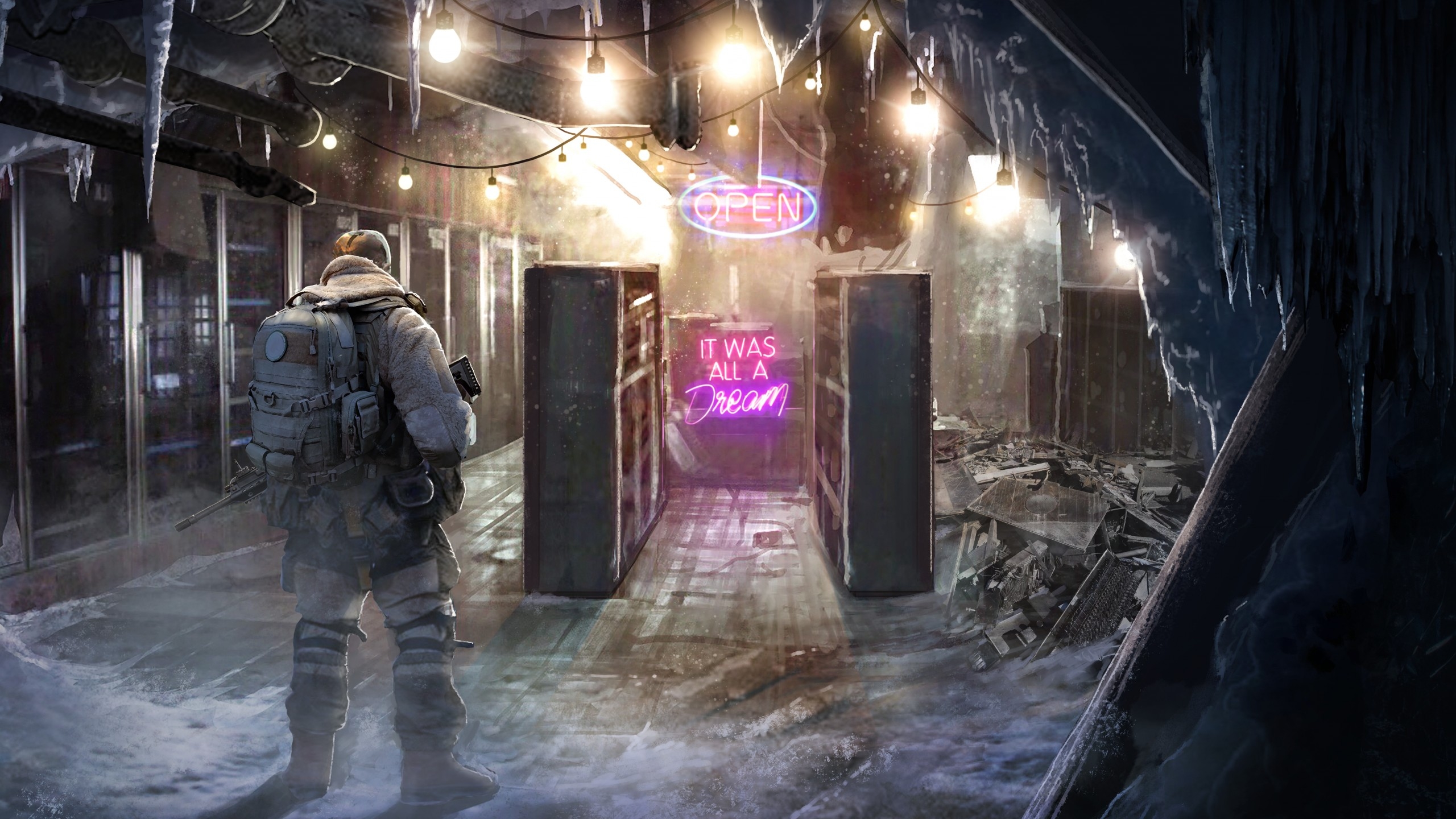
“And special systems, skills, and extra cool areas and sequences requires you have a developer able to implement it. “Money and time buy you manpower,” Avellone explains, referencing the unexpected outpouring of funds that dramatically changed the scope of both Torment and Wasteland 2. Kickstarter gave InXile an opportunity to prove it, letting them pay up front to fund experiences that big publishers are no longer willing to back financially. People wanted the sort of games that publishers like Bethesda and Electronic Arts abandoned for more accessible RPGs, like Mass Effect and even the Obsidian-developed Fallout: New Vegas. “Development has become a spectator sport.”Nothing demonstrated the hunger for a return to the style of RPG classics like these crowdfunding campaigns. Meanwhile, InXile also began a crowdfunding effort for Torment: Tides of Numenara, a sequel to Avellone’s signature game Planescape that he in turn joined as a writer after it raised more than $4 million. In March 2012, a crowdfunding campaign for Wasteland 2 raised more than $3 million dollars, a figure that allowed Obsidian Entertainment – Avellone’s employer - to join InXile as a co-developer. Importantly, the reunion was fueled by a loud plea from the gamers of the world for a return to those classic favorites. The duo that once collaborated on games like the original Fallout set to work on creating RPGs that would have been at home at the Interplay of old. But the public received it well, received it great, in fact, and being able to share a vision doc with the public is something almost unheard of in the traditional game development models I’ve been part of in the past.”įargo and Avellone reunited in 2012 and it was like nothing had changed.

“My first experience with this was working on the vision document for Wasteland 2, and I was pretty scared.

“Knowing about a feature the community doesn’t want two years before the final product is done sets countless man hours free,” he says. It’s much more helpful to spot unpopular ideas early on than it is to catch them once the project is in beta testing. “I used the word ‘social’ one time and it was like a four-letter word with extra letters.”Avellone explains that keeping lines of communication open between developer and player from the start actually transforms the ever-important quality assurance process.


 0 kommentar(er)
0 kommentar(er)
